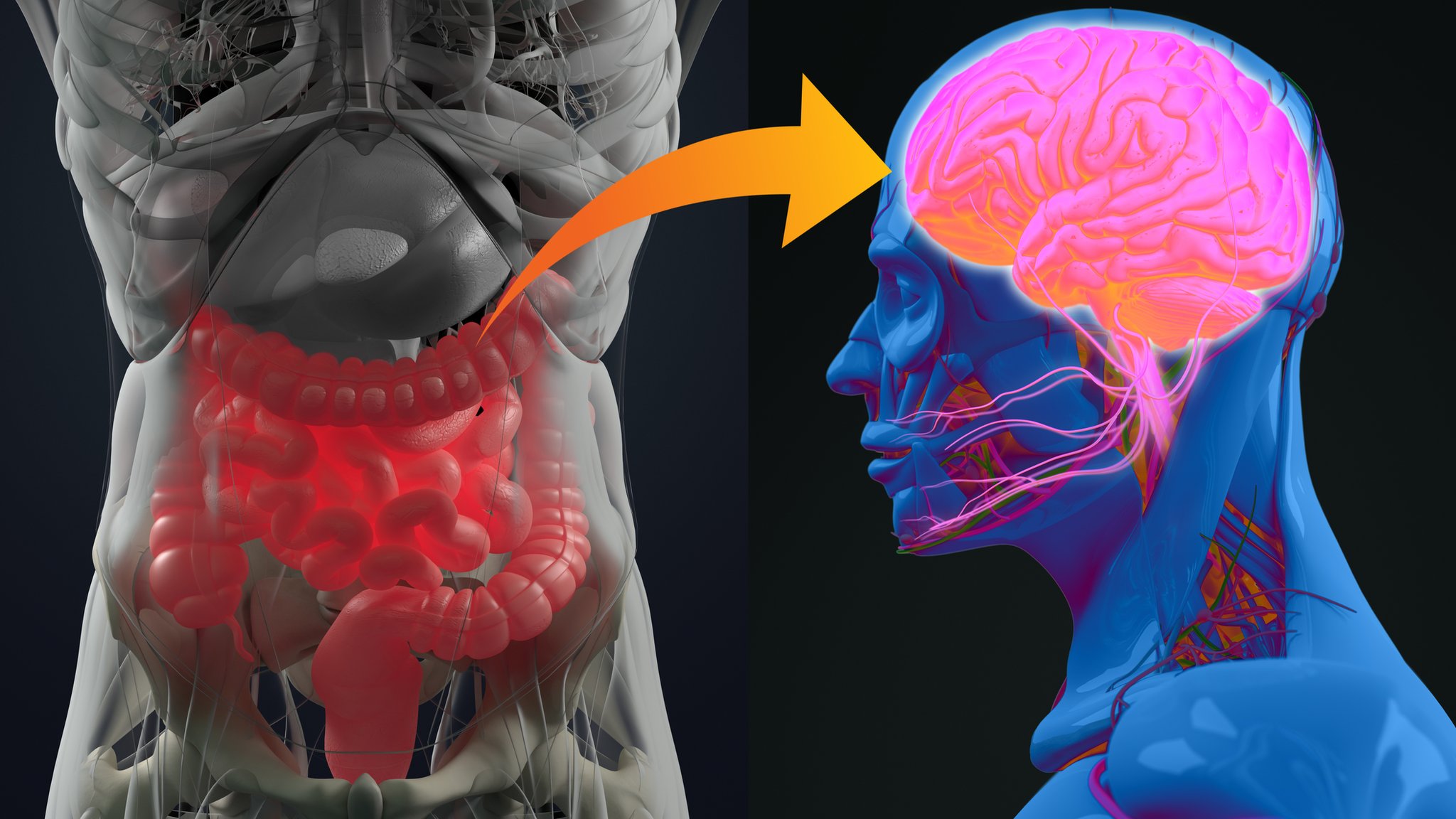Parkinson's Disease | Not all people who have pd will experience all the symptoms, and symptoms may vary in their severity between patients.different people experience progression at different speeds, as well. Parkinson's disease is a brain disorder that leads to shaking, stiffness, and difficulty with walking, balance, and coordination. The american parkinson disease association (apda) is the largest grassroots network dedicated to fighting parkinson's disease (pd) and works tirelessly to help the approximately one million with pd in the united states live life to the fullest in the face of this chronic, neurological disorder. Parkinson's disease symptoms include muscle rigidity, tremors, and changes in speech and gait. Parkinson's disease dementia is a decline in thinking and reasoning that develops in many people living with parkinson's at least a year after diagnosis. Common symptoms include tremor, slowness of movement, stiff muscles, unsteady walk and balance and coordination problems. Parkinson's disease is a progressive neurogenerative disease that causes nerve cells (or neurons) in the area of the brain that controls movement to weaken and/or die. It can come on so slowly that you don't even notice it at first. Symptoms generally develop slowly over years. If you or a loved one has been diagnosed with parkinson's, you may be wondering about life expectancy. Common symptoms include tremor, slowness of movement, stiff muscles, unsteady walk and balance and coordination problems. Although parkinson's disease (pd) is progressive and worsens over time, it is highly individual and affects people differently. There is no cure for the disease. Parkinson's disease is a progressive neurological disorder. 12 simple steps tackled dreadful parkinson's disease at its source. Parkinson's disease (pd) is the second most common neurodegenerative disease after alzheimer's disease. Parkinson's disease (pd) is a chronic, neurological disease, commonly referred to as a movement disorder. I remember my father first experiencing those hand tremors. Über 7 millionen englischsprachige bücher. Parkinson's disease dementia is a decline in thinking and reasoning that develops in many people living with parkinson's at least a year after diagnosis. Not all people who have pd will experience all the symptoms, and symptoms may vary in their severity between patients.different people experience progression at different speeds, as well. Smooth and coordinated bodily muscle movements are made possible by dopamine, a substance. Parkinson's is a progressive brain disorder that affects mobility and mental ability. Not all people who have pd will experience all the symptoms, and symptoms may vary in their severity between patients.different people experience progression at different speeds, as well. Über 7 millionen englischsprachige bücher. James parkinson in 1817 as a shaking palsy. it is a chronic, progressive neurodegenerative disease characterized by both motor and nonmotor features. Parkinson's disease dementia is a decline in thinking and reasoning that develops in many people living with parkinson's at least a year after diagnosis. He stopped being able to sign his signature, something. This leads to a reduction in a chemical called dopamine in the brain. Parkinson's disease (pd) is movement disorder of the nervous system that worsens over time. One of the first signs of parkinson's disease is a hand tremor. These discoveries open the door to early diagnosis, which would allow us to carry out a premature intervention that would slow down neuronal death, and… The american parkinson disease association (apda) is the largest grassroots network dedicated to fighting parkinson's disease (pd) and works tirelessly to help the approximately one million with pd in the united states live life to the fullest in the face of this chronic, neurological disorder. Parkinson's disease is a brain disorder that leads to shaking, stiffness, and difficulty with walking, balance, and coordination. In some patients, surgery can help improve symptoms. However, in 2011, the u.s. Food and drug administration approved an imaging scan called the datscan. The first signs are problems with movement. The precise cause of pd is unknown, but some cases are hereditary while others are thought to occur from a combination of genetics and environmental factors that trigger the disease. Parkinson's disease dementia is a decline in thinking and reasoning that develops in many people living with parkinson's at least a year after diagnosis. Parkinson's disease is a progressive nervous system disorder that affects movement. Population prevalence of pd increases from about 1% at age 60 to 4% by age 80. Parkinson's disease (pd) belongs to a group of conditions called motor system disorders, which cause unintended or uncontrollable movements of the body. Testing for parkinson's disease there is no lab or imaging test that is recommended or definitive for parkinson's disease. While healthy neurons produce a chemical called dopamine, which the brain needs a certain amount of in order to regulate movement, weakened neurons produce lower levels of dopamine. Parkinsons overview parkinson's disease affects the nerve cells in the brain that produce dopamine. Parkinson's disease is a progressive nervous system disorder that affects movement. This technique allows doctors to see detailed pictures of the brain's dopamine system. Parkinson's disease is a neurological movement disorder. This leads to a reduction in a chemical called dopamine in the brain. However, in 2011, the u.s. Population prevalence of pd increases from about 1% at age 60 to 4% by age 80. And postural instability or inability to find balance.the symptoms start slowly, but progress over time, impairing everyday activities such as walking, talking, or. Parkinson's disease is a common progressive bradykinetic disorder that can be accurately diagnosed. Parkinson's disease (pd) is movement disorder of the nervous system that worsens over time. Parkinson's disease (pd or, simply, parkinson's) is the most common form of parkinsonism, a group of motor system disorders. Parkinson's is a progressive brain disorder that affects mobility and mental ability. The first signs are problems with movement. Parkinson's disease (pd) was first described by dr.


Parkinson's Disease: It is caused by a loss of dopamine producing cells in the brain.

EmoticonEmoticon